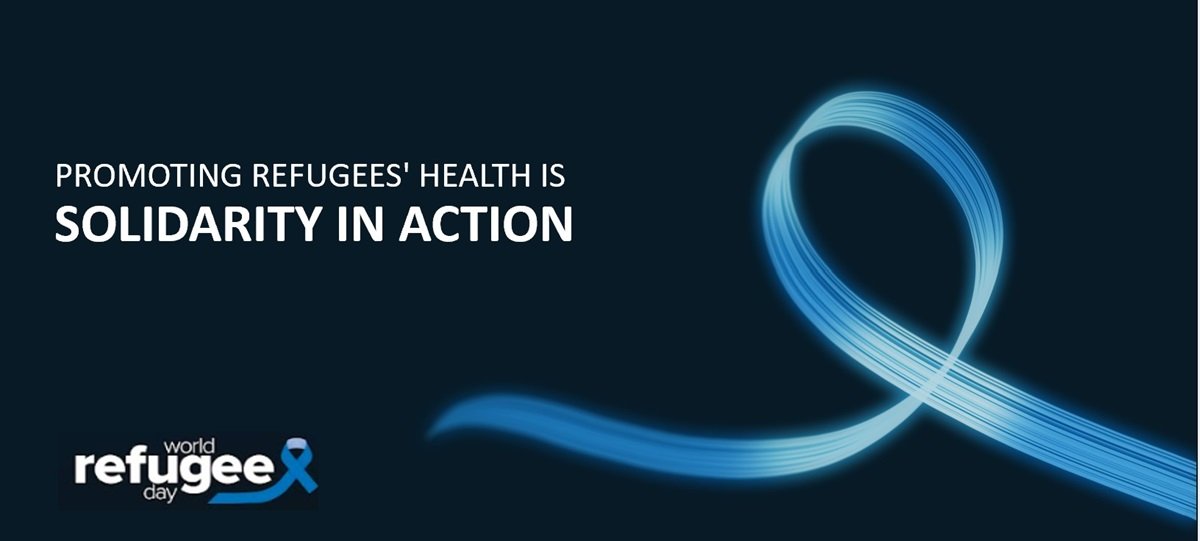
On World Refugee Day 2025, the World Health Organization (WHO) stands in solidarity with the over 123 million forcibly displaced people worldwide, reaffirming that health is a fundamental human right, essential to dignity, protection, and inclusion. Under the theme “Solidarity with Refugees,” WHO calls for urgent action to strengthen inclusive, resilient health systems that leave no one behind.
As protracted displacement rises, many fleeing conflict and disasters are spending over a decade awaiting legal recognition. Over 70% are hosted in low- and middle-income countries, often in urban areas, where legal, financial, and structural barriers hinder access to health. Among them are over 47 million children, facing disrupted access to health, education, and protection. Women and newborns’ lives are at heightened risk with disrupted maternal and essential care as barriers to access increase. Notably, refugees are not only recipients of care. They are also scientists, health workers and leaders who enrich the social and economic fabric of both host and origin countries.
Despite meaningful progress and growing commitment of Member States to integrate refugee health into national strategies and universal health coverage, global momentum remains at risk. Many refugees face significant barriers to realizing their full right to health, often worsened by negative rhetoric and discrimination. Shrinking humanitarian budgets are already leading to cuts in essential services, including Mental Health and Psychosocial Support (MHPSS), maternal health and primary care.
WHO calls on governments, partners and communities to deepen their commitment by:
Driving progress: Key recent highlights in refugee health promotion
WHO Health and Migration collaborates with countries and partners to implement of the 2019–2030 Global action plan on promoting the health of refugees and migrants (WHO GAP). Key recent milestones include:
Across regions, WHO is working alongside governments, UNHCR and other partners to strengthen health responses for both refugees and host communities:
Related
News
Fact sheets
Feature stories
